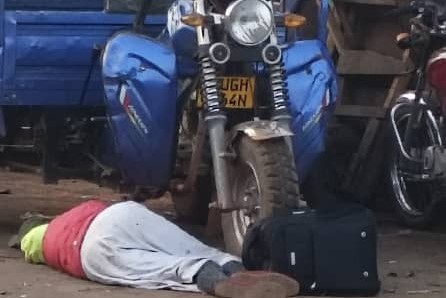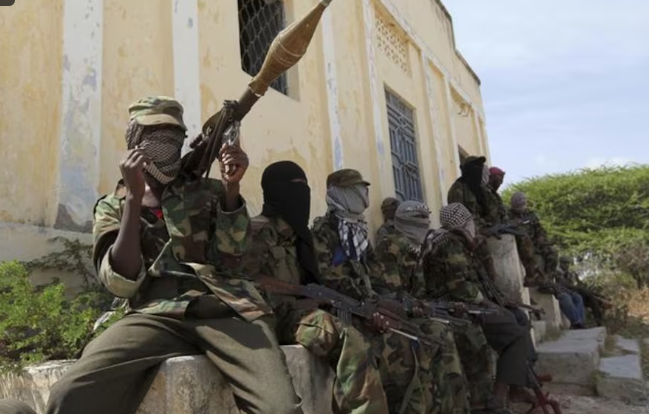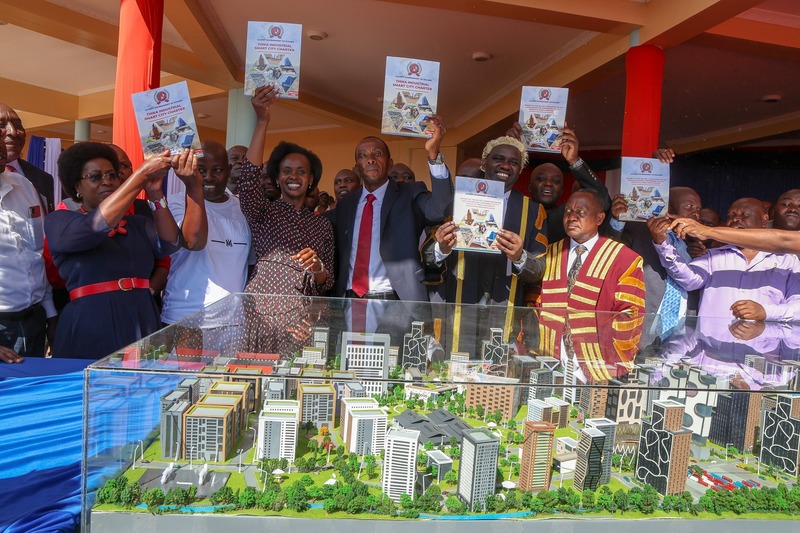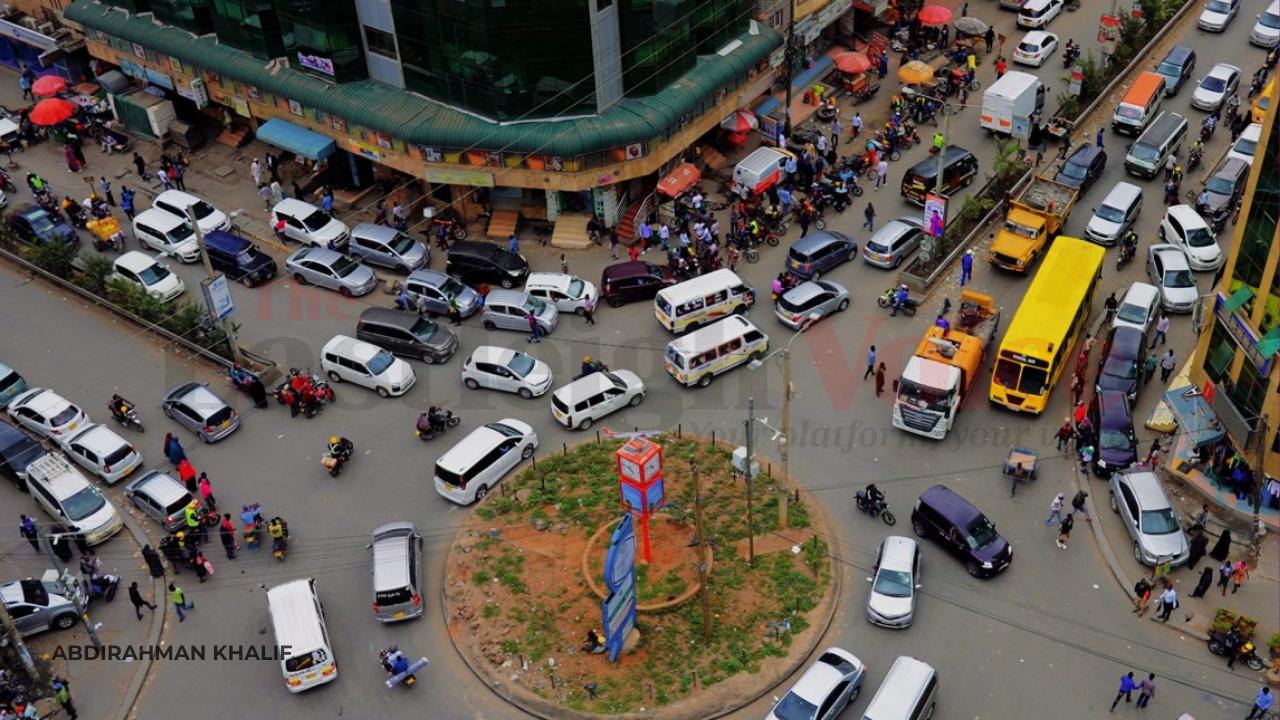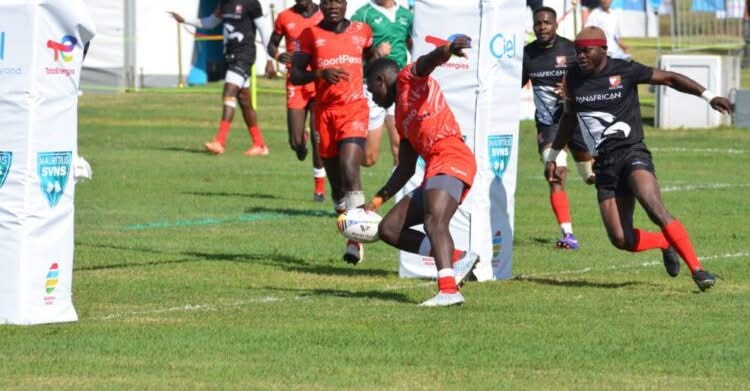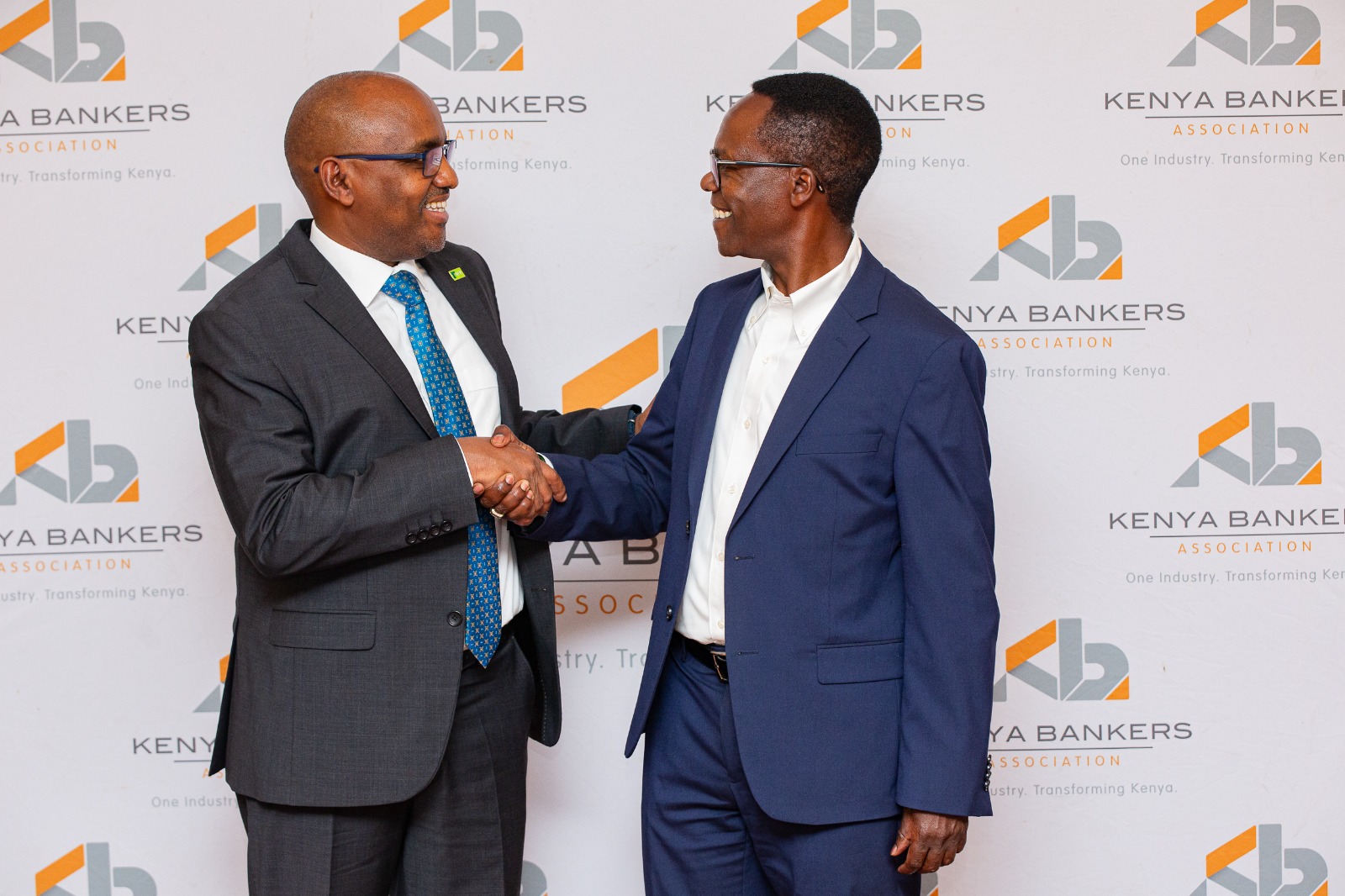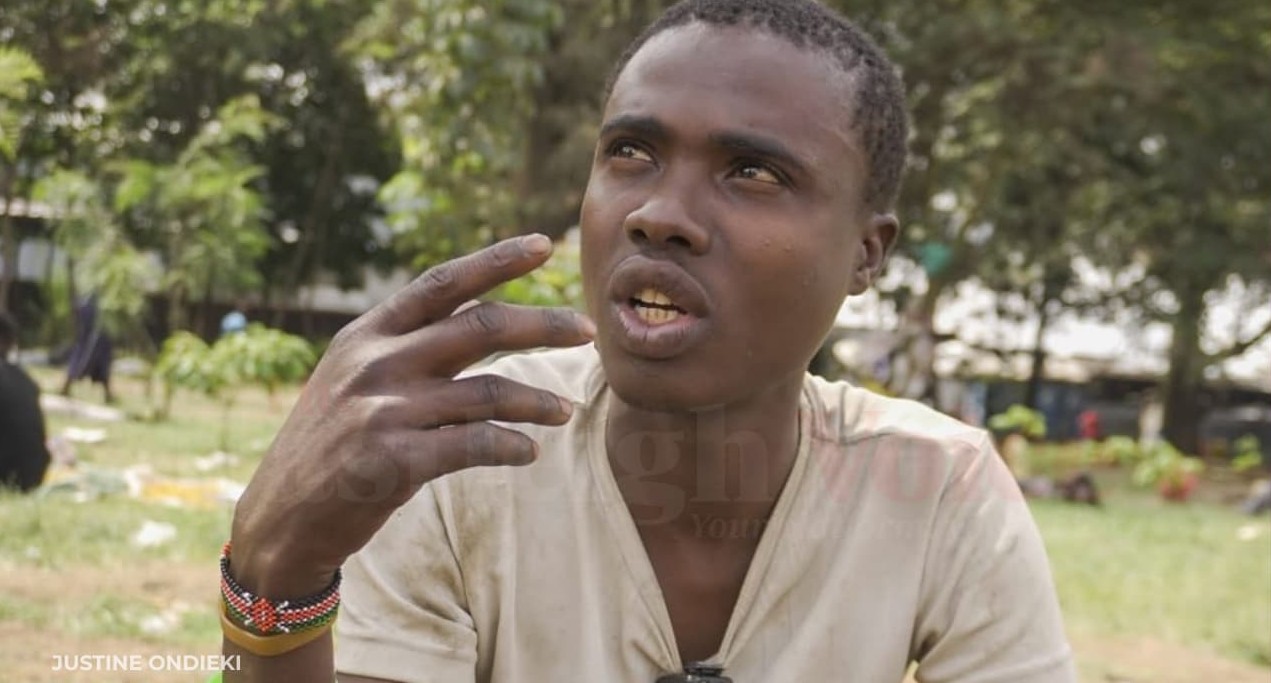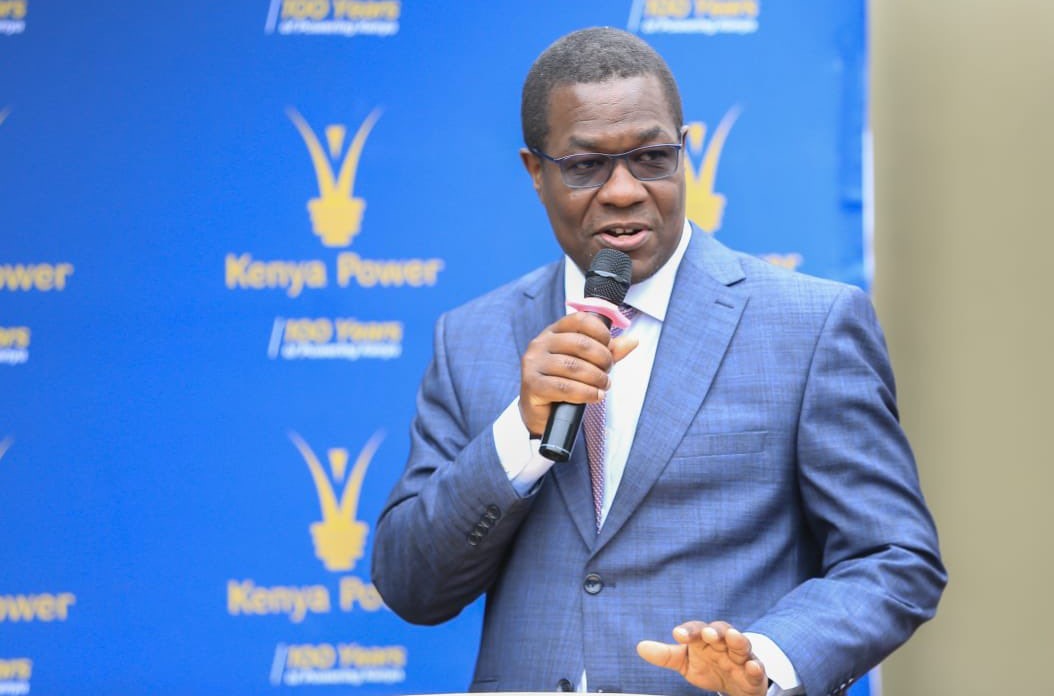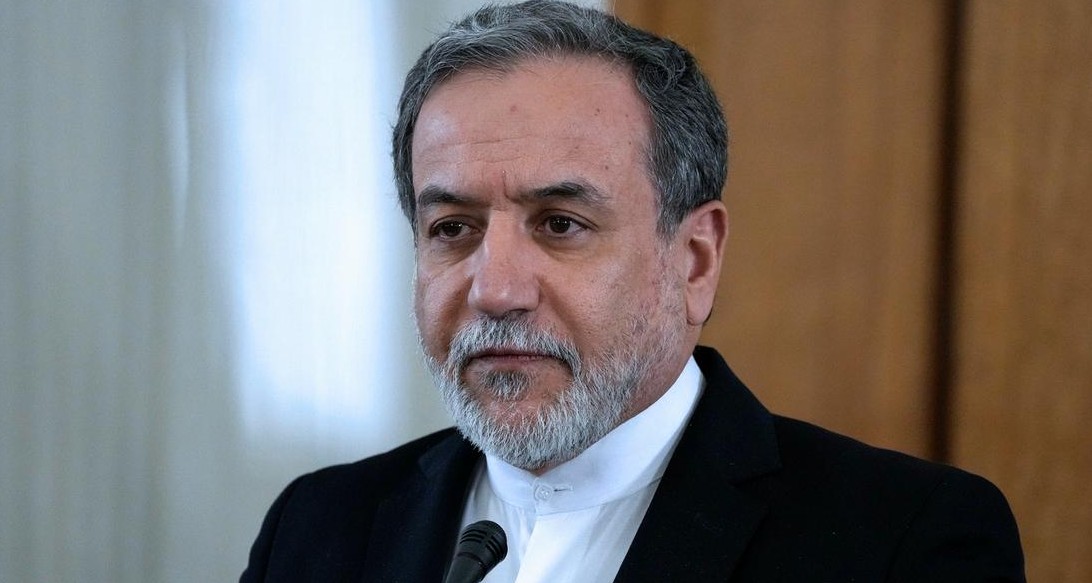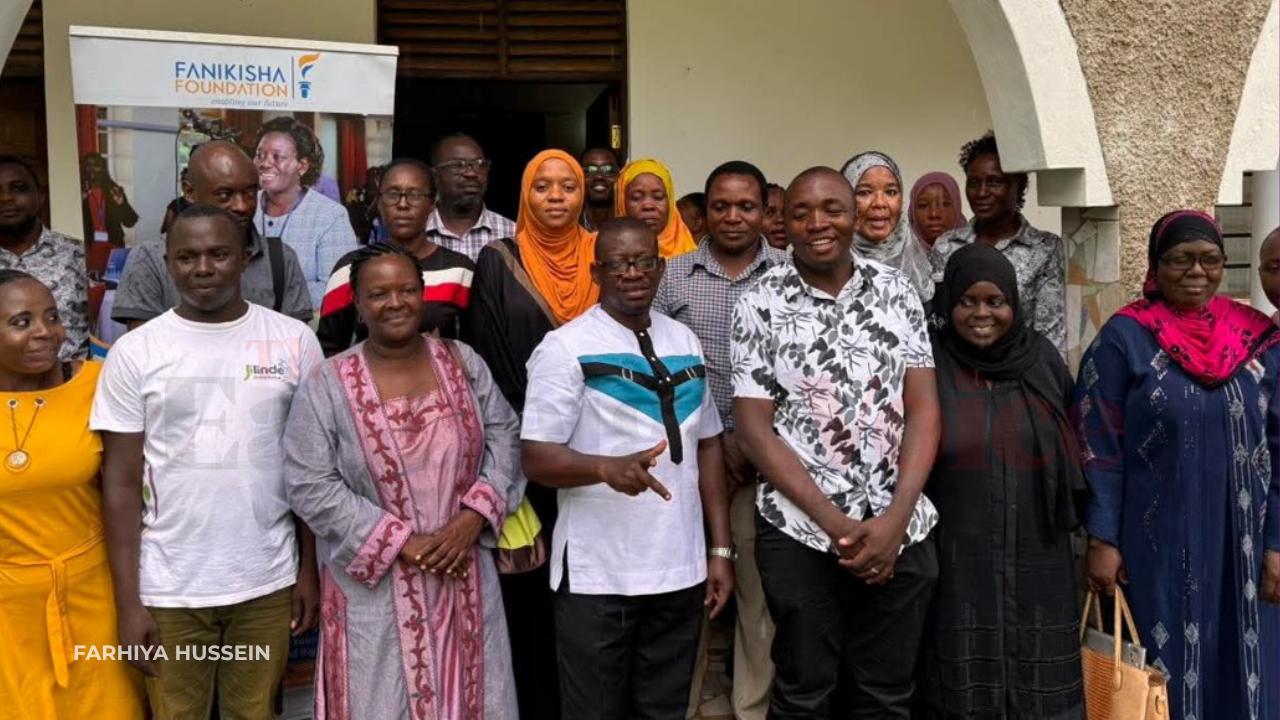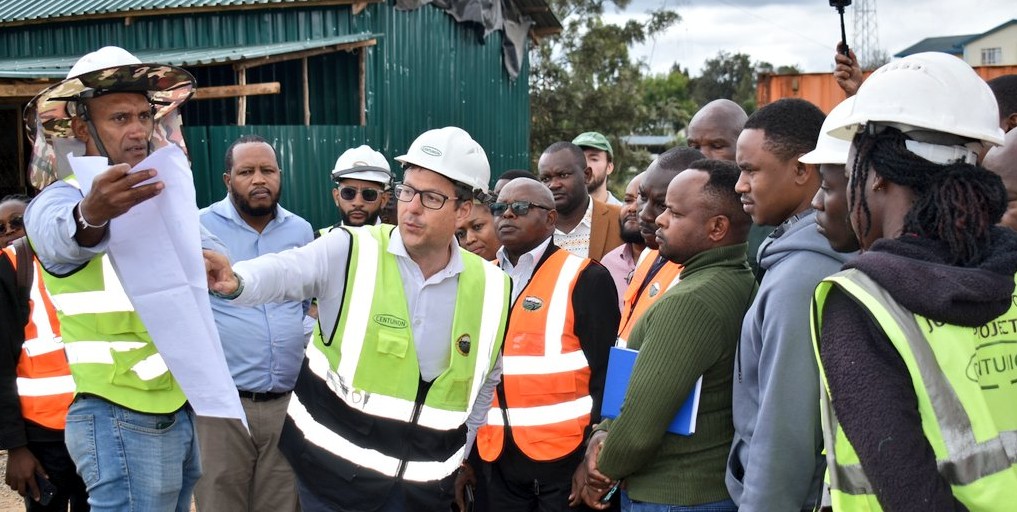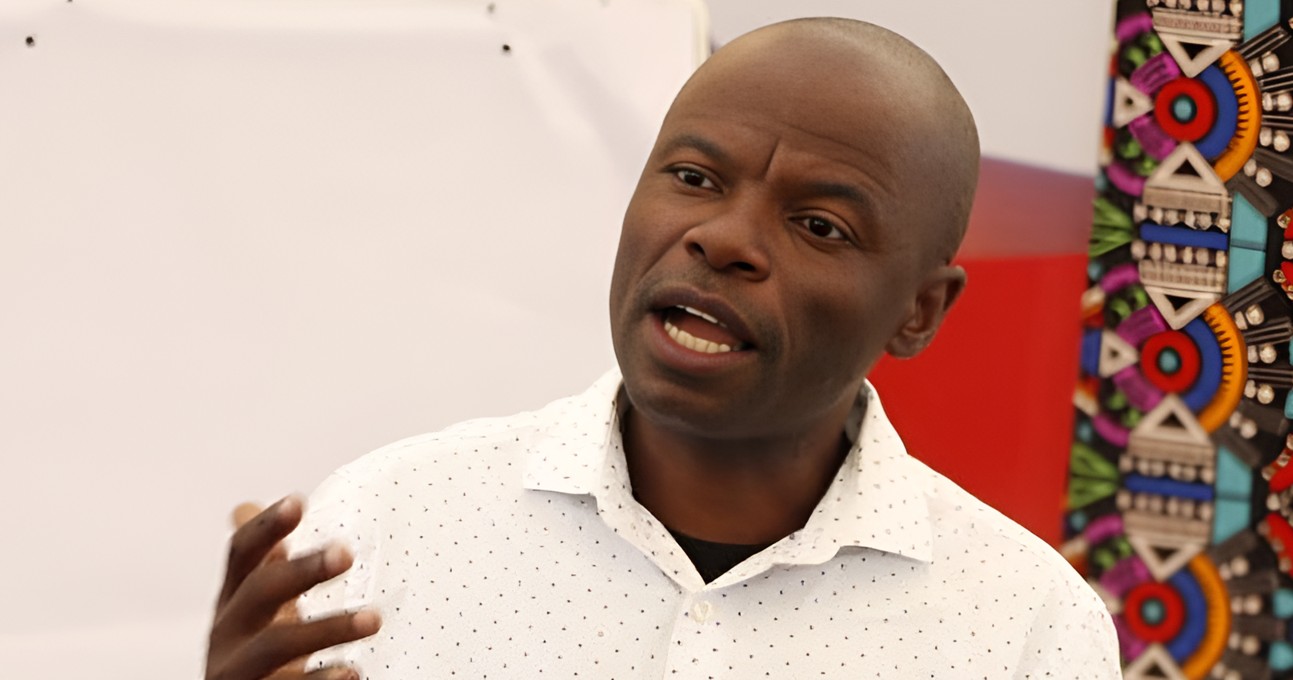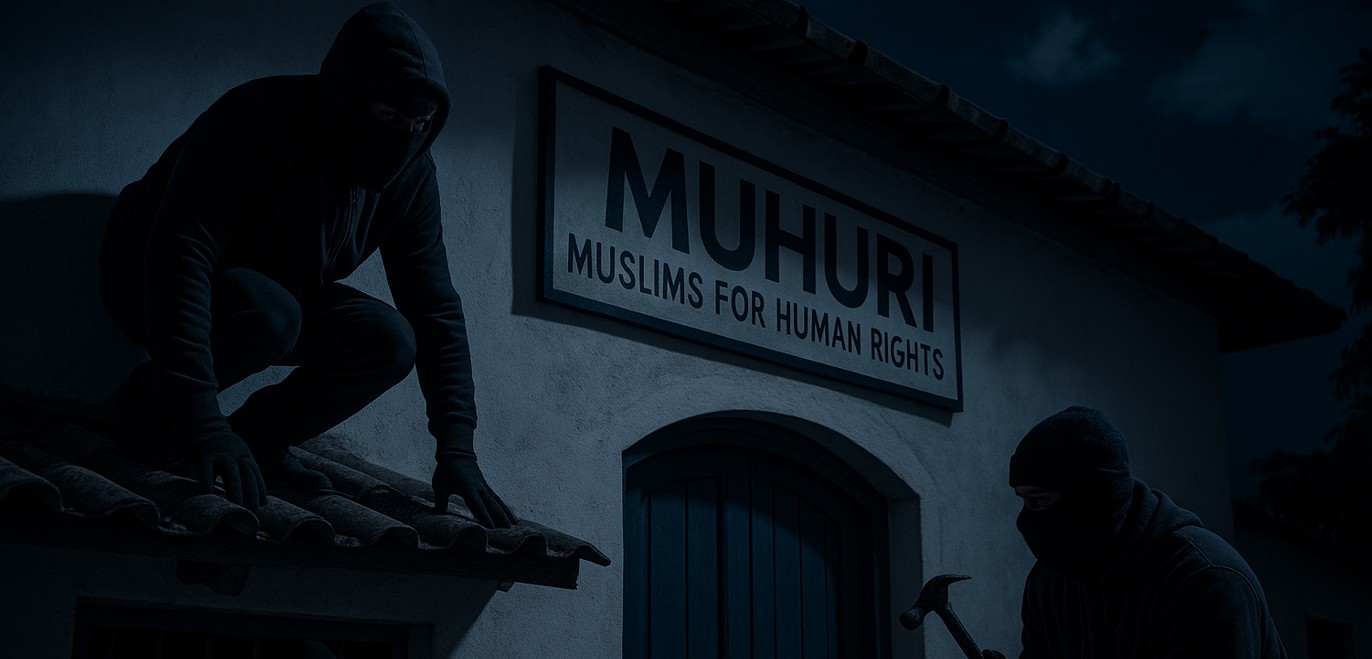Shakahola massacre: Seven more bodies found in three graves, total now 436
The discovery from three gravesites raised the number of bodies to 436 since the first phase of exhumations began last April.
Seven bodies were exhumed from the vast Shakahola Forest on Monday, following the resumption of the exercise in a probe into suspicious activities by suspected cult leader Paul Mackenzie's church.
Mackenzie, who runs Good News International Ministries in Kilifi County, is facing prosecution on various charges, alongside tens of other suspects, for allegedly convicting his followers to starve themselves to death to meet Jesus.
More To Read
- Twisted faith: How Mackenzie turned scripture into death weapon for followers in Shakahola
- Court rejects Mackenzie’s bid to remove psychologist’s report in Shakahola massacre case
- Shakahola survivors still terrified by Pastor Paul Mackenzie’s name, psychologist tells court
- Shakahola trial: Children's officer recounts discovery of tortured, emaciated minors
- Shakahola massacre: Court hears chilling testimonies of alleged torture as Mackenzie, associates face child abuse charges
- Shakahola massacre: Court of Appeal reinstates 191 murder charges against Paul Makenzie
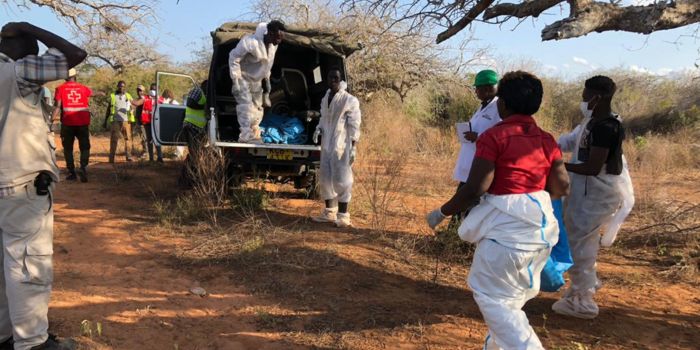 Search team members collect bodies found in mass graves in the Shakahola Forest in Kilifi County on June 3, 2024. (Photo: Farhiya Hussein/EV)
Search team members collect bodies found in mass graves in the Shakahola Forest in Kilifi County on June 3, 2024. (Photo: Farhiya Hussein/EV)
The retrieval of the bodies from three gravesites raised the number of bodies to 436 since the first phase of exhumations began last April
Chief Government Pathologist Johansen Oduor reported that 50 graves have been identified and mapped for this latest phase of the exercise.
"We identified three graves. In them, we were able to exhume seven bodies. One grave had four bodies, while the other two had one each. The exercise, which will go on, has identified about 50 graves that we are going to work on."
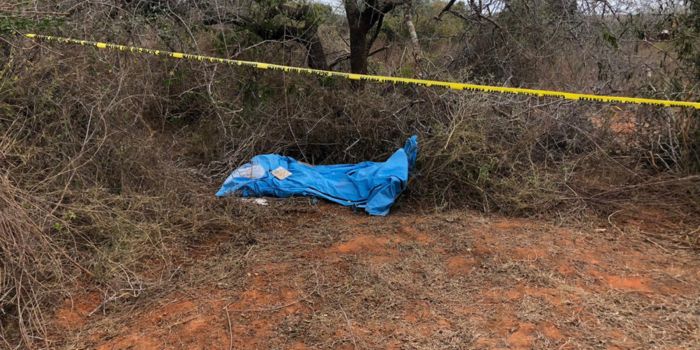 A bag with a body is pictured in the Shakahola Forest in Kilifi County on June 3, 2024, following the resumption of a search that began last April, as part of investigations into a massacre. (Photo: Farhiya Hussein/EV)
A bag with a body is pictured in the Shakahola Forest in Kilifi County on June 3, 2024, following the resumption of a search that began last April, as part of investigations into a massacre. (Photo: Farhiya Hussein/EV)
Oduor emphasised the importance of modern tools in this endeavour, stating, "The soil is loose, which helps much in identifying the graves. Using GPS, one of the critical tools, we can locate and map these graves accurately."
However, he revealed a setback, stating, "There was an issue with the government chemist regarding some reagents, but they have acquired them. Within the next month, they will be able to analyse the bodies. As we exhume, we will be able to release the previous bodies to create space."
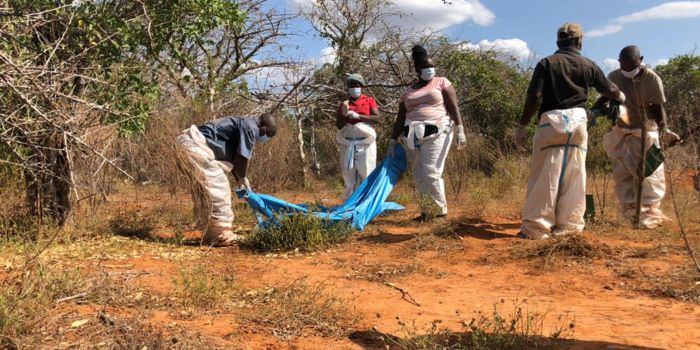 Search team members collect a body found in a grave in the Shakahola Forest in Kilifi County on June 3, 2024. (Photo: Farhiya Hussein/EV)
Search team members collect a body found in a grave in the Shakahola Forest in Kilifi County on June 3, 2024. (Photo: Farhiya Hussein/EV)
Oduor urged the public to cooperate and allow the collection of their DNA samples should they suspect that a missing person known to them was involved.
"This will enable us to match and identify the bodies effectively. One challenge we face is people not coming up to take their DNA, hindering our efforts to cross-check with the bodies we have at the mortuary."
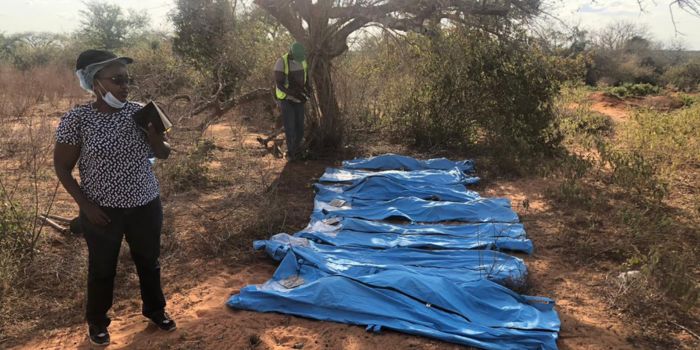 Search team members are pictured next to bodies found in the Shakahola Forest in Kilifi County on June 3, 2024. (Photo: Farhiya Hussein/EV)
Search team members are pictured next to bodies found in the Shakahola Forest in Kilifi County on June 3, 2024. (Photo: Farhiya Hussein/EV)
Despite the challenges, there has been some closure for families, with the chief government pathologist saying that 32 bodies have been given to families so far.
Top Stories Today
